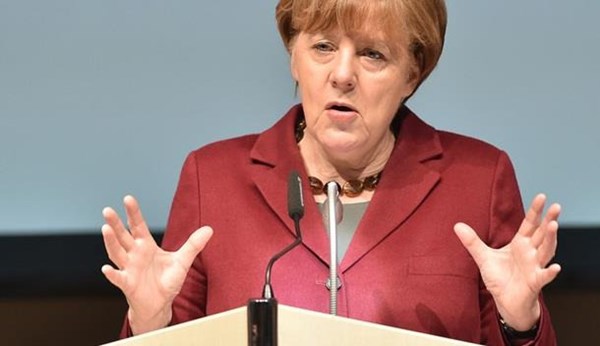After Skripal's poisoning Merkel urges the West not to break off contacts with Russia
German Chancellor Angela Merkel, who was sworn in for her fourth term, supported negotiations with Russia, despite the Skripal case.
"We take the findings of the British government very seriously (regarding the poisoning of Sergei Skripal by the nerve agent, Novichok, developed by the Russian Federation - Ed.). We will still be presenting a common European stance on this issue. However, I think we cannot break off all contacts at this time," the politician said.
According to Merkel, it is necessary to "keep speaking with the Russians, despite all the differences of opinion."
Meanwhile, the Head of the Canadian Ministry of Foreign Affairs, Chrystia Freeland, expressed support for Britain. The Minister "stands in solidarity with the United Kingdom and the British people" and "expresses heartfelt support for the victims of the chemical attack in Salisbury, which occurred on March 4th," the Ministry's statement said.
Canada condemns in the strongest terms the "despicable use of a chemical agent in the sovereign territory of the United Kingdom."
"Russia's likely involvement in this attack is a serious breach of the rules-based order. Canada calls on all states to cooperate with British investigators," the head of Foreign Affairs Ministry stressed.
Russia denies involvement in the poisoning of ex-intelligence officer Sergei Skripal and his daughter in Salisbury on March 4th.
